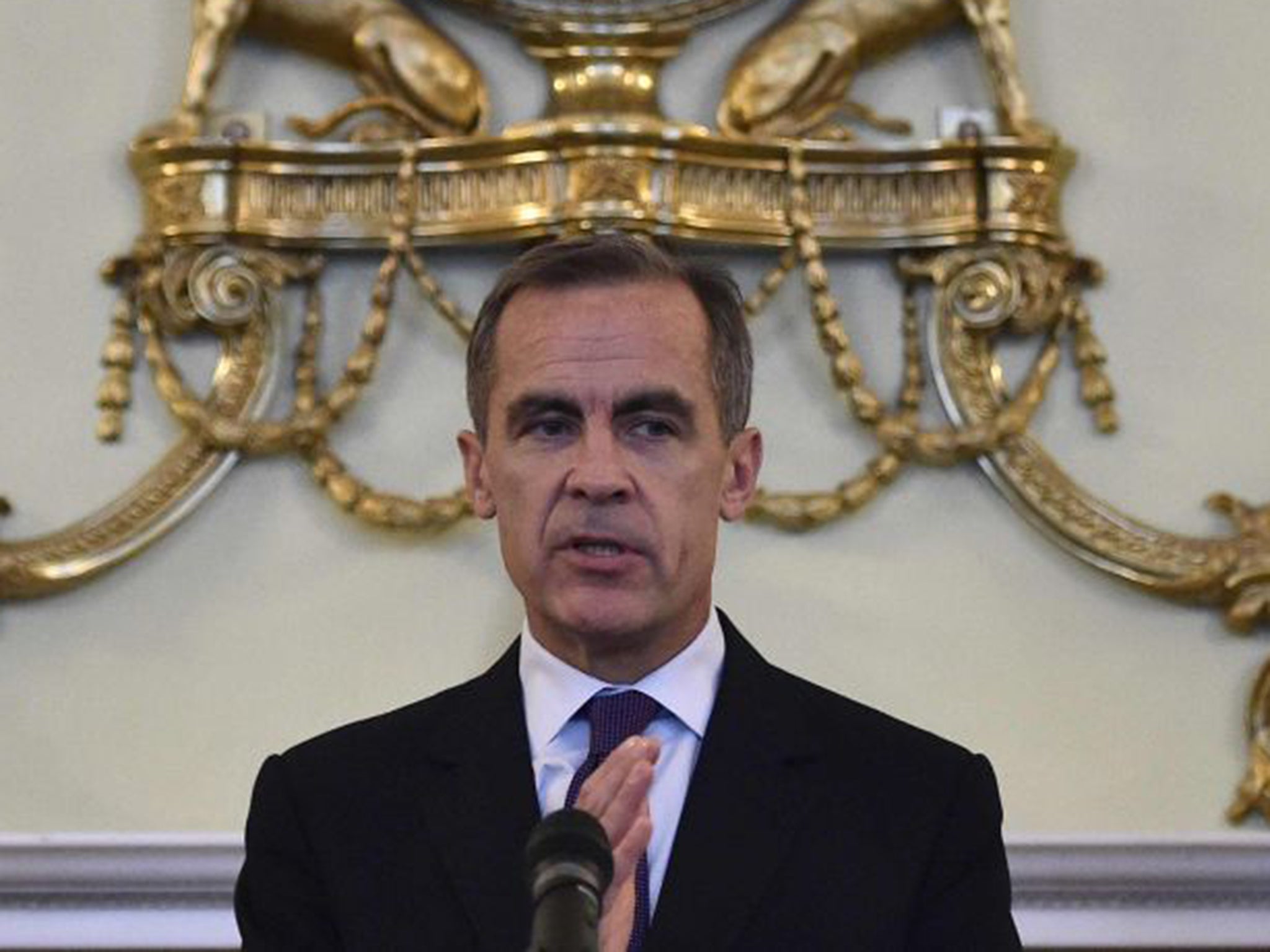Your support helps us to tell the story
From reproductive rights to climate change to Big Tech, The Independent is on the ground when the story is developing. Whether it's investigating the financials of Elon Musk's pro-Trump PAC or producing our latest documentary, 'The A Word', which shines a light on the American women fighting for reproductive rights, we know how important it is to parse out the facts from the messaging.
At such a critical moment in US history, we need reporters on the ground. Your donation allows us to keep sending journalists to speak to both sides of the story.
The Independent is trusted by Americans across the entire political spectrum. And unlike many other quality news outlets, we choose not to lock Americans out of our reporting and analysis with paywalls. We believe quality journalism should be available to everyone, paid for by those who can afford it.
Your support makes all the difference.Greece’s debt is not sustainable in its current form and the country will not be able to return to growth without relief, the governor of the Bank of England has said.
Mark Carney told MPs that the deal struck by Greece and its creditors would require “Herculean efforts from all sides” to work and shied away from giving a verdict on whether he thought it could succeed.
“The profile of the debt, in the judgement of the IMF and I believe other authorities – and we would share those judgements – is not sustainable in its current form,” he told a meeting of Parliament’s Treasury Select Committee.
“In addition there is an observation about the necessity of smoothing the debt profile. That will be required at current exchange rates within the euro in order to return to sustainable growth.”

Eurozone authorities have committed to future talks on debt relief for the austerity-stricken Mediterranean country but have not given any concrete assurances.
The prospect of relief comes after a commitment by the country’s left-wing government to billions of euros of austerity, including pension and VAT reforms.
Profile smoothing, as advocated by the Bank, may not necessarily involve writing off debts entirely, but instead rearranging the point at which the original borrowed sum has to be repaid.
Mr Carney’s intervention is the strongest yet from a UK authority in favour of any form of debt relief for Greece.
The UK itself is not heavily exposed to Greek debt; the biggest opponents to debt relief from inside the eurozone are Germany and Finland.
The central bank governor also warned that the structure of the eurozone badly needed reform in order to work properly.
“The process by which this agreement was struck … underscores the scale of institutional shortcomings that still exist within the European Monetary Union and that’s something that’s no just my own opinion and that of colleagues at the Bank but the opinion of the five presidents including the president of the European Central Bank,” he said.
Reforms proposed to the eurozone generally involve tighter integration of tax and spending of member states along similar lines to the United States.

Join our commenting forum
Join thought-provoking conversations, follow other Independent readers and see their replies
Comments